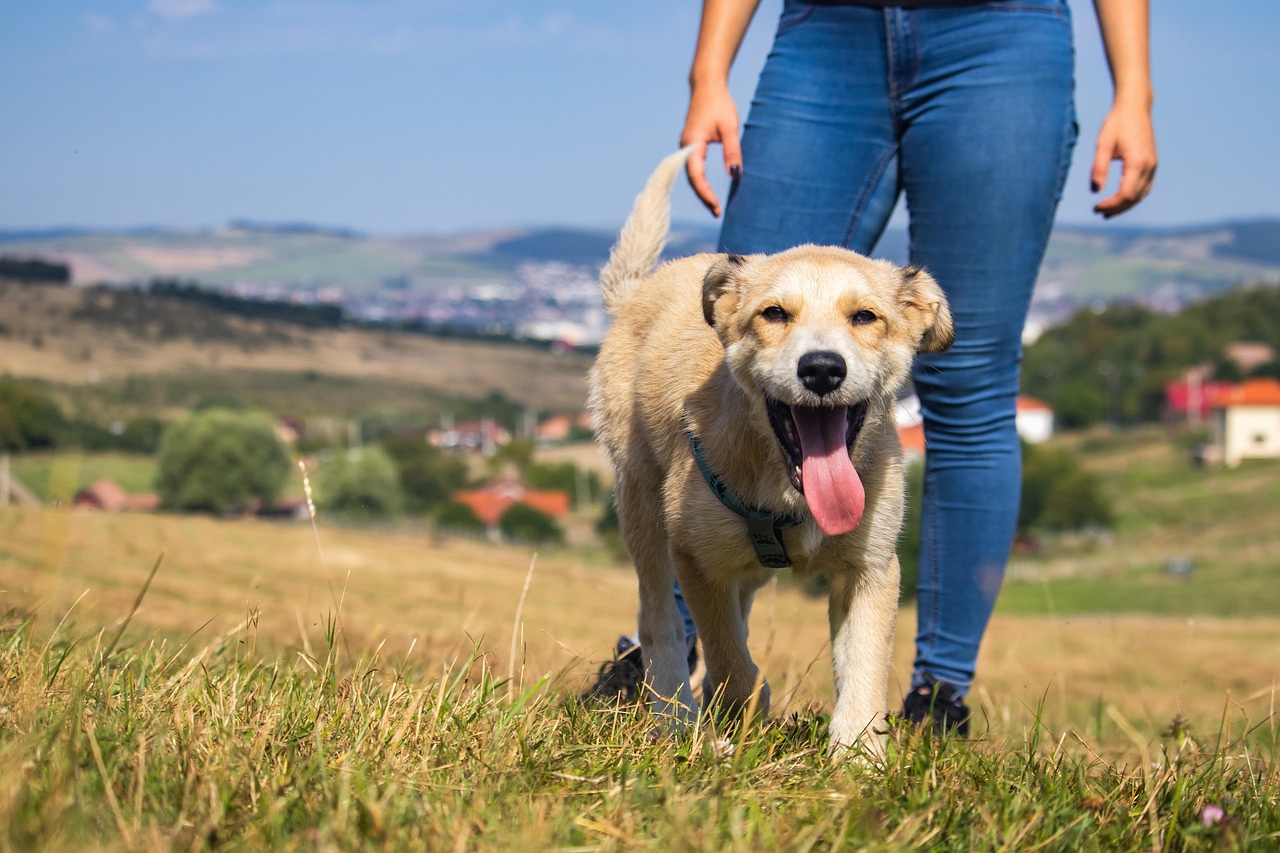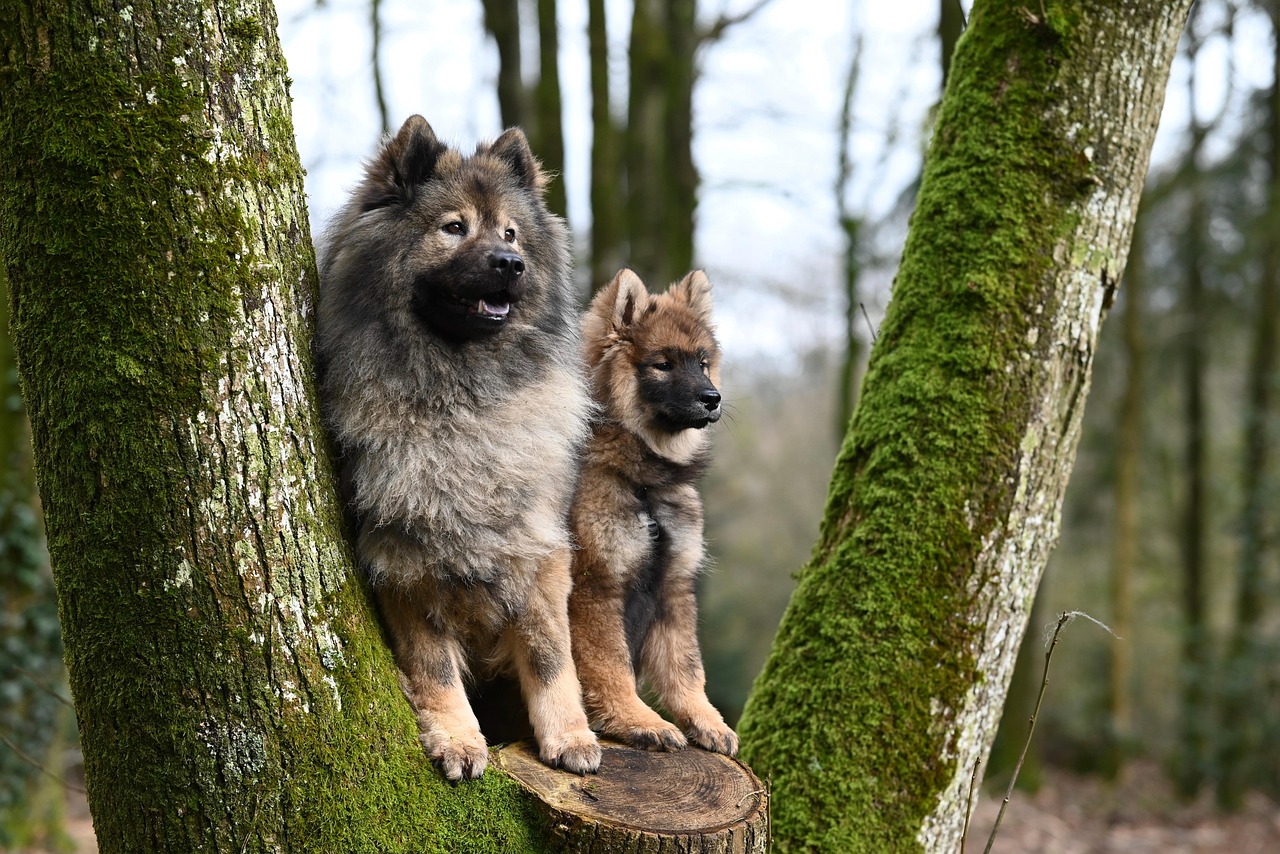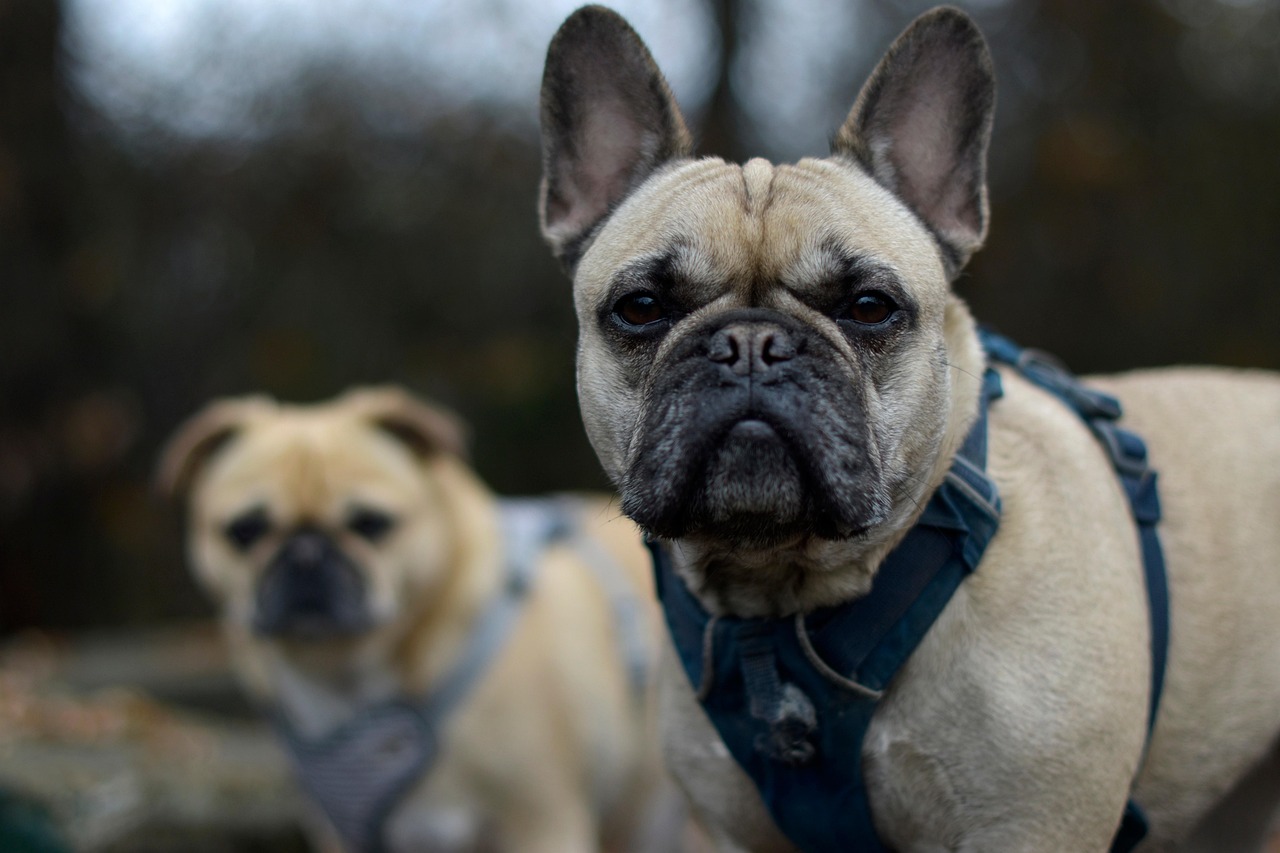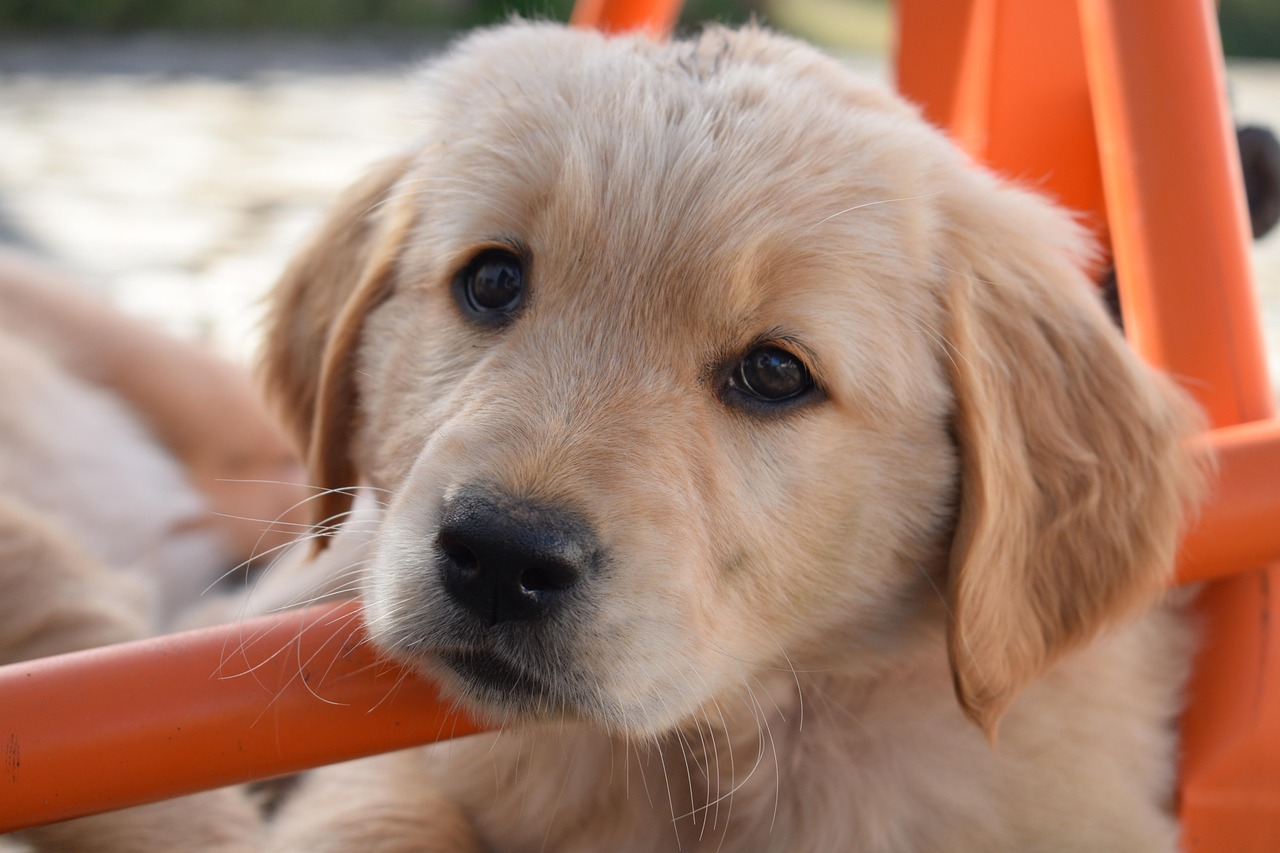Mastering Canine Companionship: A Kid’s Guide to Dog Training
Introduction to Dog Training for Kids
Dog training for kids is an interactive, fun, and educative course intended to help children foster strong relationships with their canine friends while instilling a sense of responsibility in them. This process teaches not only obedience to the dog but also respect, care, and love from both ends.

The Need for Dog Training
Children usually create deep emotional bonds with their pets. By involving kids in the training process, they build a stronger connection. Training imparts knowledge about a dog’s needs, communication styles, and habits, helping children understand and respond to their pet’s behavior effectively.
Importance of Dog Training for Kids
A trained dog is a joy to be around. Training a dog breeds positive behavior, focuses its energy correctly, and generally makes for a happier, healthier pet. On the children’s side, they learn about patience, empathy, and responsible behavior. It’s a win-win for both parties.
Benefits for the Child
- Increased Understanding: Kids acquire a detailed understanding of their pet’s behaviors, likes, and dislikes.
- Responsibility: Regular feeding, grooming, and exercise schedules lead to children learning responsibility.
- Empathy: Understanding and caring for another being helps kids develop empathy.
Benefits for the Dog
- Manners: The dog discovers how to interact effectively and appropriately both with humans and other dogs.
- Safety: A trained dog will better respond to commands, potentially keeping it safe in dangerous situations.
- Bonding: A training routine helps the dog establish a strong bond with its young trainers.

Methods of Dog Training
There are several methods of dog training. The most popular and effective ones include positive reinforcement, clicker training, or model-rival training.
Positive Reinforcement
This involves rewarding the dog for the correct behavior, which motivates the dog to repeat the actions that led to the reward.

Clicker Training
In clicker training, a distinct sound (click) is used to mark the desired behavior. The click is followed by a treat, making the dog understand that the sound signifies a reward for the good behavior.
Model-Rival Training
In model-rival training, the trainer’s attention is divided between the dog and another person (the model). The dog strives to outdo the model and win the trainer’s attention.
Implementing a Training Program
Starting a training program requires planning and consistency. It’s more effective when the training sessions are short, diverse, and filled with rewards.

The Role of Parents
Parents should supervise the training to ensure their child executes the training methods effectively while ensuring the child and the dog are safe.
Conclusion – The Value of Dog Training
Dog training for kids is an invaluable education, resulting in a more harmonious home, a responsible child, and a well-behaved dog. No pet, child, or parent loses in this situation – everyone learns, grows, and reaps the rewards.

Frequently Asked Questions
Can very young children be involved in dog training?
Absolutely! As long as there is parental supervision, even very young children can participate in simple training using positive reinforcement.
What if my child becomes frustrated during training?
It’s natural for anyone, including children, to feel frustrated if the training doesn’t go as planned. If your child becomes frustrated, it’s best to take a break and restart later or try differing training methods.

What is the best age for a dog to start training?
You can start training your dog as soon as it comes home with you. Puppies as young as eight weeks old are capable of learning basic commands.
The lure of training a dog to obey commands, combined with the connection and respect built between a child and their pet, makes dog training for kids a veritable journey of discovery and a solid investment.



